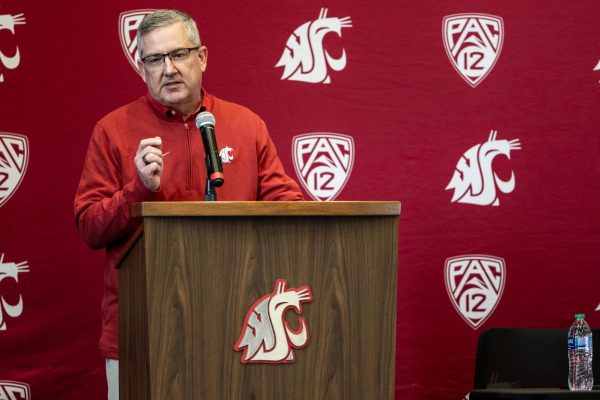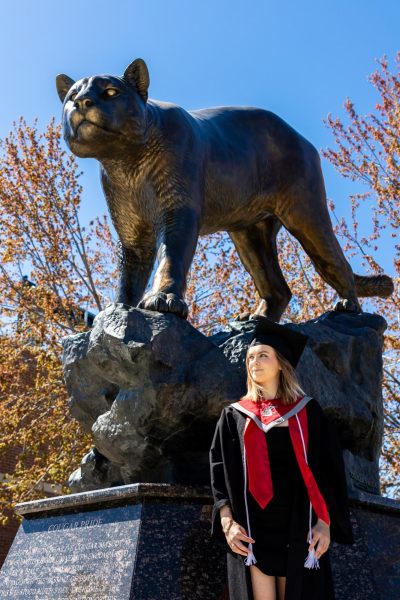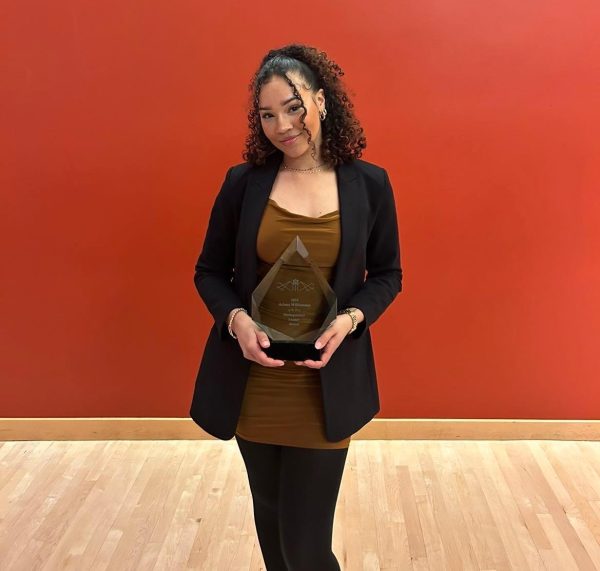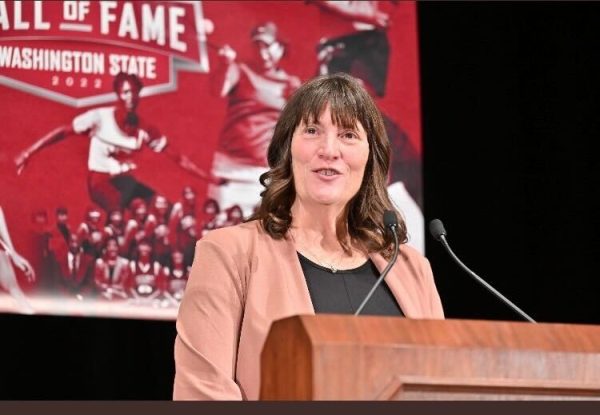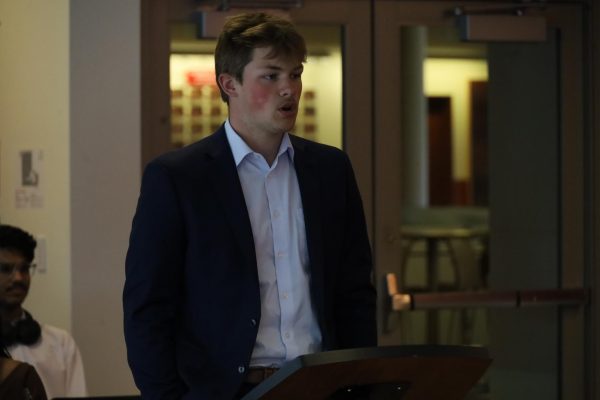Trash talk: a look back at political mudslinging history
November 2, 2016
The Thomas S. Foley Institute director and a political science professor led a talk on anger and division in American politics on Tuesday.
Director Cornell Clayton and Travis Ridout, professor, compared the negativity of modern politics and campaigning to that of the past.
Americans think there is a lot of incivility in modern politics, Ridout said, but the news media is to blame for making it seem nastier than it really is.
“We want to see those nasty things, right? We want to see that conflict, right? And so that’s what the news media feeds up to us,” he said.
People are overexposed to the incivility that is there, he said, and this makes them feel like there is much more and a greater degree of it than there actually is.
Ridout said incivility violates the norms of politics. He said an example is if a candidate were to start talking about an opponent’s religion or family, especially when it is irrelevant. An opponent’s tax policies would be fine to talk about though, Ridout said, because it is considered part of normal discourse.
Ridout then showed several negative campaign ads from the current presidential race as examples.
As ugly as the current political race seems now, Clayton said, they used to be much worse. He said people often view the founding fathers as noble gentlemen.
“Certainly they could not have been uncivil to each other,” Clayton said, “And yet the election of 1800 was probably the meanest, nastiest election in all of American political history.”
American society has gone through many periods marked by deep division, Clayton said, and this has led to the polarization of political parties. Members of Congress today are twice as unlikely to vote across party lines, he said, based off of a polarization index that recorded how members vote over time.
Since the two major political parties have existed, they are more polarized than ever before, he said, and this trend started in the late 1970s and early 1980s.
“The members of the two parties have become more ideologically alike,” Clayton said, “So, you have much less diversity ideologically within both parties than we had back in the 1960s.”
When the country is polarized and split almost evenly between the two major parties, the stakes increase and we become more passionate about politics, Clayton said. It is not irrational for people to get passionate about politics, he said.
We get so deeply divided because we are so passionate, he said.







